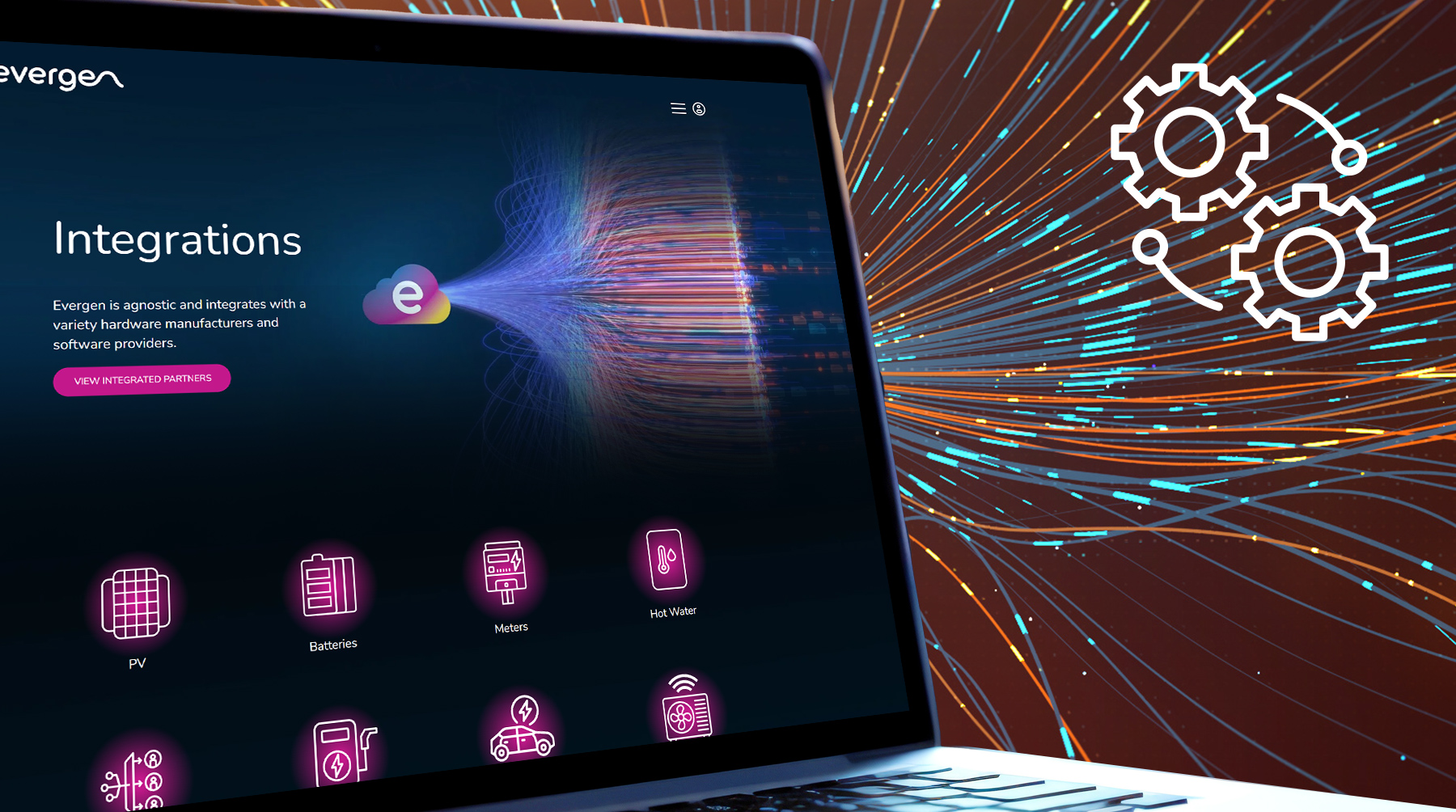An interview with Ryan Wood, Partner Development Manager, and Ben Hutt, CEO and Managing Director at Evergen.
Ryan: I think from an industry perspective, we all know that Virtual Power Plants (VPPs) are becoming a thing now, and there’s a lot of innovation happening in the space. What can you tell us about what Evergen is doing in and around this area?
Ben: Yes, great question. We obviously began life optimising single batteries, and doing a really good job of optimising household batteries against time of use tariffs and now spot tariffs. We’ve been innovating with some of our retail partners around designing different tariffs that work really well for the battery owner. Also, for the retailer and the whole cost to serve and energy supply chain. It’s kind of interesting. So we’ve been working on lots of different versions of these things. And the principle of doing anything in a VPP really should be starting with the benefits from a single site and then adding network benefits.
So we’re partnered now with five or six of the networks around different things that are valuable to the network. Whether it be grid stabilisation or dynamic operating envelopes or reactive power or whatever it might be that we’re working closely to align what we’re doing with what’s useful to the networks. Which is great and that creates value for the network. And then I think the pinnacle of it is I’m working now with six or seven retailers in Australia. We are increasingly acquiring fleets of batteries that homeowners own. We’re also working closely with big parties that want to own their own fleets of batteries, and design tariffs that work really well for them.
So all of these things are really additive for the consumer. With the volatility we’re seeing in the spot market as an example. Over the last four weeks some of our consumers, even with small batteries are making $70 or $80 a day, just arbitraging their battery against the spot price. So I think there’s a heap of change and innovation happening in the market. And all of the things we’re seeing are all good for batteries, wherever they may be.
Ryan: Okay. Just you mentioned before seven retail clients and structuring retail tariffs. Surrounding that to make sure homeowners are I guess, better off from an electricity consumption point of view. What does that make Evergen? Is it more of a marketplace of VPPs rather than just having one standard VPP offering?
Ben: Yeah, so I think the VPP offering as we would call it is the technical capability to value stack. So with single-site optimisations, there’s three or four different versions of that depending on where your battery is. Whether you’re a business and you’re trying to avoid demand charges or a homeowner trying to minimise your energy costs. There’s different versions of single sites. And then there’s different versions of what we do with the networks. And then there’s different versions of what we do for different retailers.
As an example, one of our retailers is pretty heavily focused on generating revenue through the efficacy market. Another one is pretty heavily focused on optimising, gets a spot price, and another one’s optimising and gets cost to serve. So I would describe Evergen really as a kind of Switzerland. In as much as our job is to create the maximum amount of value is available from whichever bits of the recipe we can choose from.
Ryan: Right.
Ben: And our job is to be a cake metaphor. “We’ve got all the ingredients. You tell us what sort of cake you want to make and we’ll make it really tasty.”
For more information on how we run a Virtual Power Plant, visit here.



